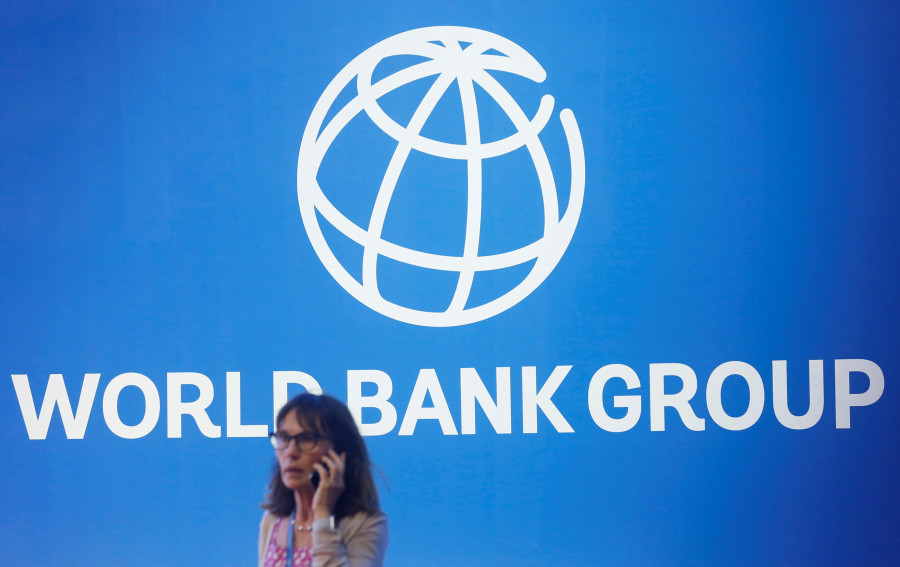Money
World Bank OKs $120 million to support Nepal’s education sector
The operation focuses on improving foundational skills by implementing the national integrated curriculum in early grades.
Post Report
The World Bank’s board of executive directors has approved $120 million in financing to support the implementation of the government of Nepal’s flagship school education sector programme.
The programme operation builds on the government of Nepal’s previous school education sector programmes and puts a greater focus on quality learning by establishing a teacher mentoring system at the local government level and ensuring a full complement of subject teachers (English, Math, and Science) at upper-basic and secondary levels, the World Bank said in a statement.
“Investing in quality education is key to developing human capital which goes to the heart of ensuring greater equity and economic growth,” said Faris Hadad-Zervos, World Bank Country Director for Maldives, Nepal, and Sri Lanka. “This operation supports Nepal’s vision to enhance the quality of and equitable access to education to fulfil the ambitions of the new federal state.”
The operation focuses on improving foundational skills by implementing the national integrated curriculum in early grades.
To address the learning losses as a result of school closures due to Covid-19 and other disasters, the operation supports the government’s programme through the development and implementation of the recovery and accelerated learning plan, construction of green and resilient classrooms, and strengthening digital teaching and learning materials, the multilateral funding agency said.
The operation also supports improving the equity of the school sector by including girls, disabled students, and those of lower socio-economic status, and by expanding targeted scholarships to students in grades 6-8 (upper-basic level) to help disadvantaged students.
“School closures had the largest impact on students of lower socio-economic backgrounds and deprived communities, as they have even more limited access to teachers and remote learning opportunities,” said Karthika Radhakrishnan, World Bank’s Program Task Team Leader. “This new operation supports the implementation of the Recovery and Accelerated Learning Plan and supports children from poorer socio-economic backgrounds through targeted scholarships.”




 9.51°C Kathmandu
9.51°C Kathmandu














